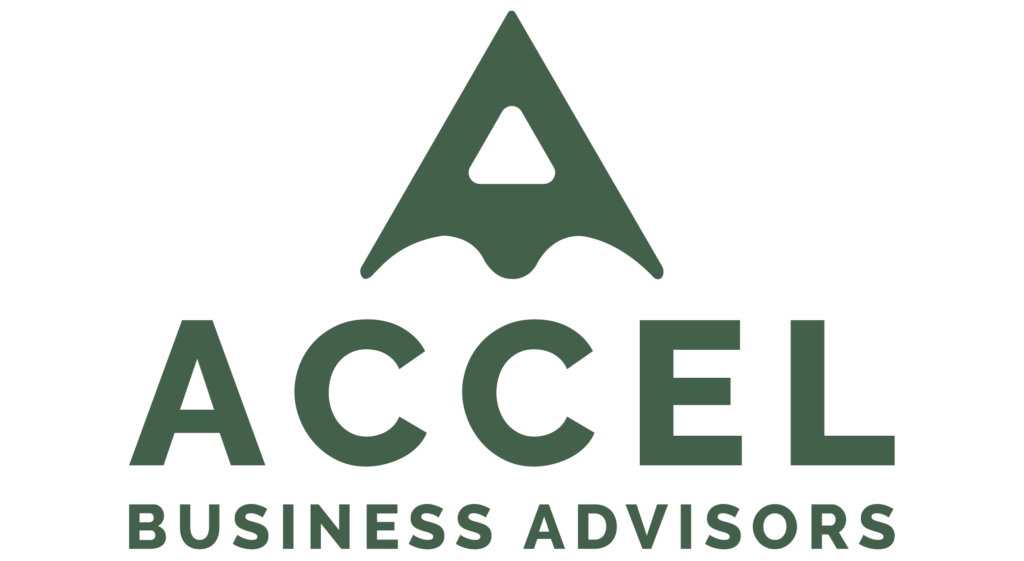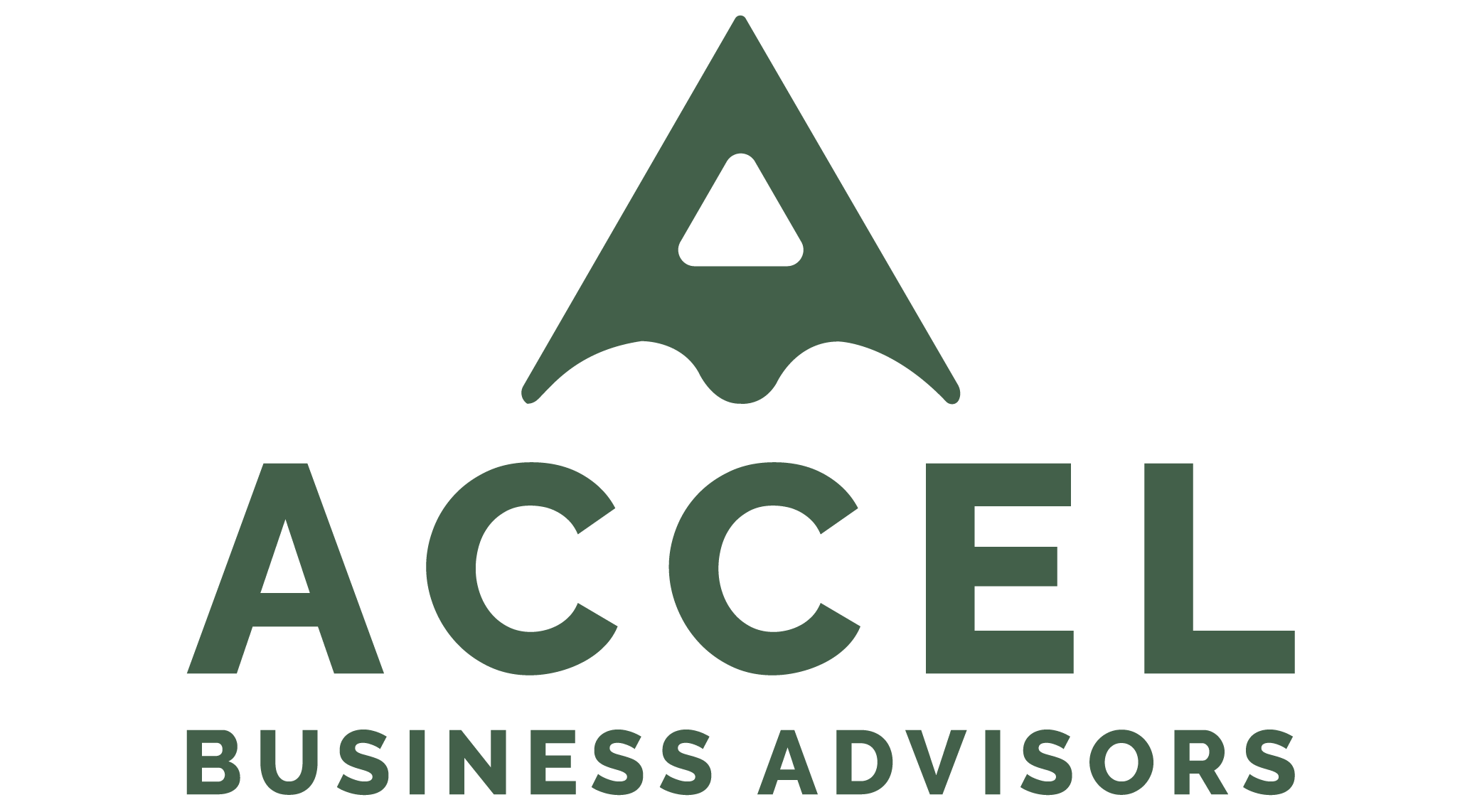Many business owners envision selling their companies within the next five years, but the reality is that many won’t achieve this goal. In fact, many will be ill-prepared to start the sale process when their target exit date arrives. The root cause for these missed targets often lies in owners’ failure to recognize and address the top eight deal killers.
Deal killers are conditions that can destroy your company’s salability if left unaddressed until you’re ready to sell. Here’s a look at the top eight and how to overcome them:
1. Underestimating Financial Needs Post-Exit
Many owners mistakenly believe they can sell their business today and meet their financial independence goals. The truth is, they often underestimate how much money they will need after exiting and overestimate the value of their business.
How to avoid it: Engage in pre-sale planning. Get a professional business valuation, and work with a tax advisor to minimize taxes and fees. A proactive approach with your deal team will help you avoid a rushed or damaging sale process.
2. Misaligning Value Expectations with Market Realities
Failing to reconcile your expectations of the business’s value with what the market is willing to pay can lead to disappointment and missed opportunities.
How to avoid it: Prior to listing your business for sale, ensure your expectations align with current market conditions. Getting a solid estimate of your company’s worth from a broker or investment banker will provide clarity and help you set realistic expectations.
3. Focusing Solely on Sale Price
Many owners focus only on the top-line sale price, forgetting about the net proceeds after taxes, fees, and transaction costs. This narrow focus can cloud judgment and lead to suboptimal outcomes.
How to avoid it: Take a holistic view of the sale process. Work with a team of professionals to factor in all costs, taxes, and other considerations to ensure that the sale provides you with the financial independence you seek.
4. Failing to Retain Key Employees
Retaining your company’s most valuable asset—your key employees—is essential for a successful sale. Buyers view these employees as critical to the company’s future, and if they leave, it can hurt the deal.
How to avoid it: Implement retention strategies like non-qualified deferred compensation plans, stay-bonus plans, and non-solicitation agreements. These strategies will ensure that your key employees remain on board after the sale, protecting your company’s value.
5. Believing You Can Negotiate Alone
Trying to sell your business on your own without the help of experts is risky. Buyers often have a team of professionals working to get the best deal for them, leaving the unprepared seller at a disadvantage.
How to avoid it: Don’t go it alone. Build a strong deal team—experts who can help you navigate the complexities of a business sale. The right team can more than pay for itself by maximizing your sale price and terms.
6. Skipping Pre-Sale Due Diligence
While pre-sale due diligence can seem like an unnecessary expense, skipping it can lead to devastating consequences. Undiscovered issues within the company may become deal breakers, lowering your business’s value or even killing the sale altogether.
How to avoid it: Conduct thorough pre-sale due diligence with your team of advisors. Identifying potential problems before the buyer does can save you time, money, and lost opportunities.
7. Letting Emotions Cloud Your Decision
Selling a business you’ve built can stir up strong emotions, leading to second thoughts or cold feet. Seller’s remorse is a common issue, especially late in the sale process.
How to avoid it: Have open conversations with your advisors, family, and trusted individuals about your post-exit goals. It’s important to visualize life after the sale and ensure that you’re ready emotionally and mentally to move on.
Preventing Deal Killers Before They Derail Your Exit
These deal killers are avoidable. With careful planning, proactive management, and the right team of advisors, you can identify and eliminate these obstacles before they impact your sale. Most business owners lack the time and experience to address these issues on their own, so working with experienced, planning-based advisors is crucial to a successful transition.
By tackling these challenges head-on, you’ll increase your chances of a smooth, profitable exit. For more guidance and to connect with an experienced business advisor, contact us at [email protected]. We can help you navigate the complex business sale planning and ensure you make informed decisions about your business’s future.















